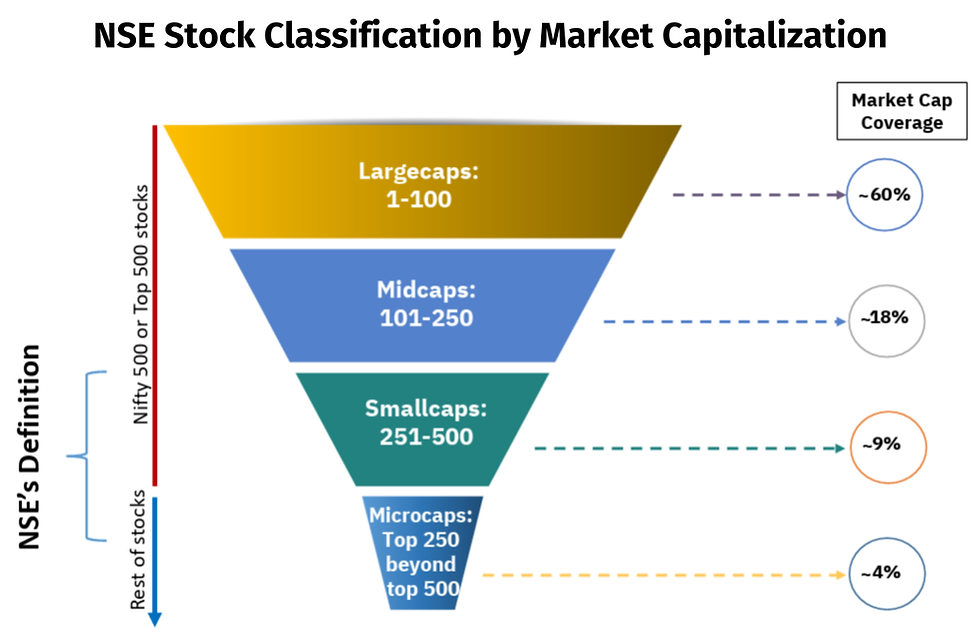Pensions And The Contemporary Retirement Corpus
- Akshay Nayak
- Jul 4
- 3 min read
Pensions or annuities have traditionally been at the center of the corpus of an Indian retiree. They guarantee a minimum level of income for life post retirement. The typical Indian individual prefers guarantees at some level or the other. So it is not hard to see why pension or annuities are a hit with Indians. But are annuities as relevant as they were say a generation ago? And if not, how does the way they are used need to change? The answers in today's blog post.
The Hero Of Our Parents' Corpus
Pensions formed the majority or entirety of a retirement corpus a generation or two ago. Many of us may have parents who primarily or completely live off pension income. Our parents' lifestyles were predominantly not flashy. Their aspirations for the most part were reasonable. They are likely to have retired well into their sixties. Life expectancies for their generation were lower. Therefore living primarily off pensions with periodic inflation adjustments may have made sense for them. Pensions could therefore play a central role in their retirement corpus. But this may not be true for the current generation.
The Current Generation Needs More
Most people accumulating for retirement today are likely to be a lot more aspirational. They have much more ambitious dreams and goals. Discretionary expenses are likely to form a significant chunk of their expense structure. Most individuals today aspire to achieve early retirement. Their retirement corpus would therefore need to last for longer. So pensions alone will almost certainly not be enough for their needs post retirement.
Those retiring or retired today would most likely have 2.5 to 4 decades ahead of them. Medical expenses in later years of retirement are likely to be significant. So keeping up with inflation becomes a key consideration post retirement. Pensions alone would not be enough to combat inflation post retirement. This makes it clear that pensions are no longer capable of playing the lead role in a retirement corpus. That brings us nicely onto the central question of today's discussion.
Are Pensions Still Relevant Today?
There is one school of thought that opines the answer of this question to be a no. And there is a logical reason for this. It is possible to construct a retirement corpus simply with equity mutual funds, debt mutual funds, bank deposits and cash as parts of a bucket strategy. But this school of thought ignores a few critical nuances. The value of cash inflows post retirement must be near certain. Growth in market linked assets is anything but near certain. So withdrawing entirely from a corpus of market linked assets post retirement would be a risk.
Using a pension scheme as one component of a retirement corpus limits this risk. It guarantees a minimum level of income post retirement. Increases in annual expenses due to inflation can then be met through portfolio withdrawals. This is known as the income flooring strategy. An indicative example of how the strategy works is laid out in the graphic below. (Annual expenses during the first year of retirement is assumed to be Rs 12 lakh. Inflation is assumed to be 10% per annum)

The income flooring strategy increases the durability of the retirement corpus. This in turn reduces the risk of running out of money in retirement. I have discussed the strategy in detail in an earlier post The Why And How Of Portfolio Construction In Retirement.
It is also important to remember that a pure bucket strategy requires frequent active management of the corpus. In the later years of retirement, our intellectual and cognitive abilities would progressively deteriorate. This phenomenon is known as cognitive decline. If cognitive decline becomes more severe, it could result in Dementia.

Actively managing a portfolio under the effects of cognitive decline or Dementia is extremely challenging. Including pensions in a retirement corpus reduces the need for active management. For retirees with Dementia, the corpus may majorly or entirely be parked in pension schemes. The retiree can then live off the pension income. The need for active management would therefore be eliminated.
The Verdict
Today, pensions can only rarely constitute the majority or entirety of a retirement corpus. So it makes little sense to give them the lead role in a retirement corpus. But it is still dangerous to dismiss them completely. They are still extremely valuable as one component within a corpus. Combining pensions with a bucket strategy may drive better outcomes for retirees. Pensions must therefore be seen as one of the stars that form part of an ensemble cast within a retirement corpus.



Comments